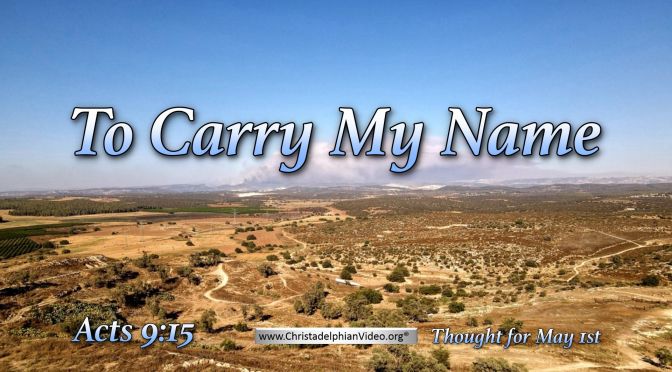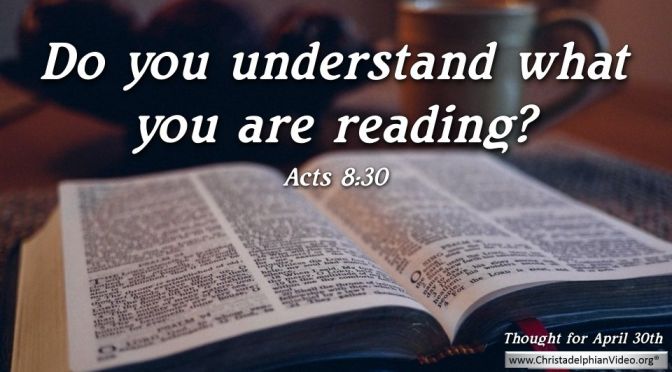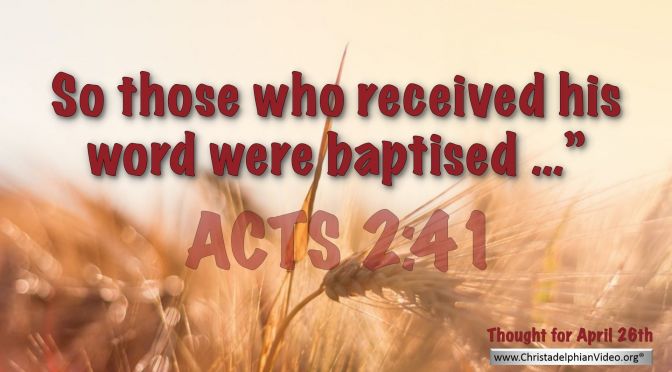Thought for February 13th. “I BELIEVE, HELP MY UNBELIEF”

What did Jesus mean when he said, “All things are possible for one who believes” [Mark 9 v.23] His remark was made in the context of some of his disciples failing to heal a boy who was suffering from what we would call today, epilepsy. Jesus had been away with his 3 most intimate disciples – his remarkable transfiguration had taken place in their presence on the mountain. In the meantime his remaining disciples had attracted “a great crowd around them” [v.14] because a man brought his epileptic son in the hope of a healing. He tells Jesus, “I asked your disciples to cast it out, but they were not able” [v.18]. He then asks Jesus, “if you can do anything, have compassion on us and help us.”[v.22] Jesus responds, “All things are possible for one who believes.” The father cries out, I believe, help my unbelief!” [v.24] Jesus then heals the boy.
The father’s cry is one we can resonate with – it seems inevitable there is a limit to our total conviction of faith. The disciples who failed to heal, later “asked him privately, ‘Why could we not cast it out?’ And he said to them, ‘This kind cannot be driven out by anything but prayer.’” [v.28,29]
They had reason to believe they could heal, we presume, because Jesus earlier “gave them authority” [6 v.7] to heal and had sent “them out two by two” to preach and heal and they were successful. [v.13]
After Jesus ascended to heaven, miraculous gifts were given at Pentecost, initially to the disciples. But, wrote Paul, “they will pass away” [1 Cor. 13 v.8] – however 3 things will remain, “faith hope and love abide, these three” [v.13] In the end only one will abide – love – because faith and hope will be fulfilled.
It is James in his letter who makes the vital point that “the prayer of faith will save the sick” [5 v.15] and “the prayer of a righteous person has great power in its working”[v.16]. James gives Elijah as an example. The ESV gives an alternative translation in a footnote. “The effective prayer of a righteous person has great power,” This is parallel to the wording in the AV
Meditating on the father’s plea (as in our heading) how many times, in desperate situations, have we expressed similar words? Answered prayers are wonderful. Yet, overriding all our prayers is the example of Jesus in his prayers in the garden of Gethsemane, “My Father, if it be possible let … Nevertheless, not as I will, but as you will.” [Matt. 26 v.39] Have not all of us expressed the frantic father’s prayer, “I believe, help my unbelief” at some stage in our lives?. The end result of our times of trauma, although maybe not immediate, is to sense we are closer to God; that his presence is more real to us and we receive “help” which on some occasions is quite miraculous.








